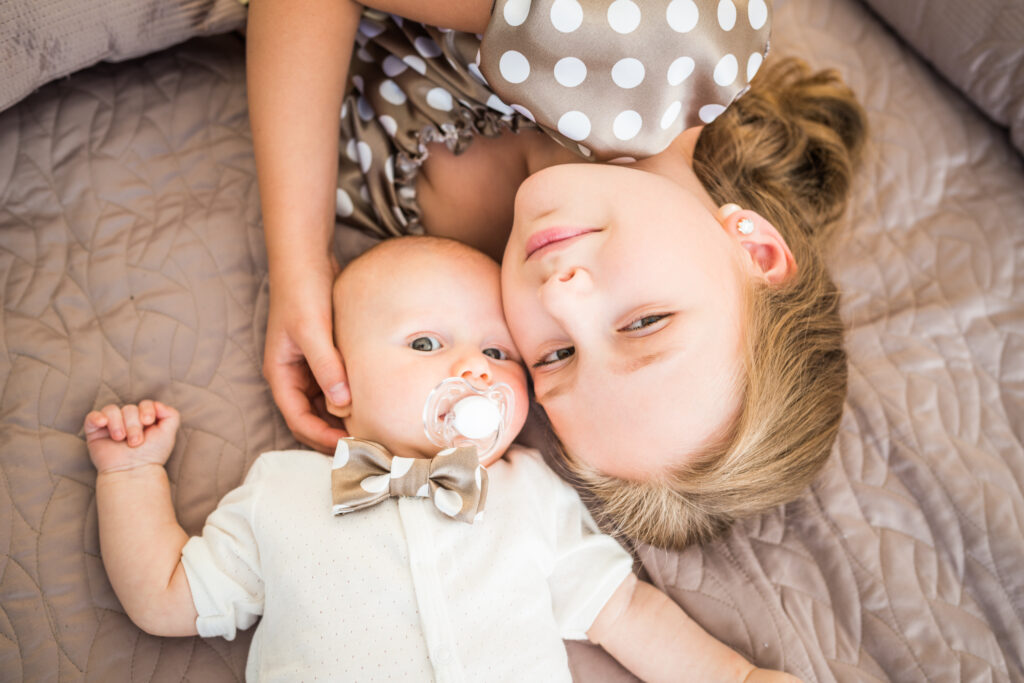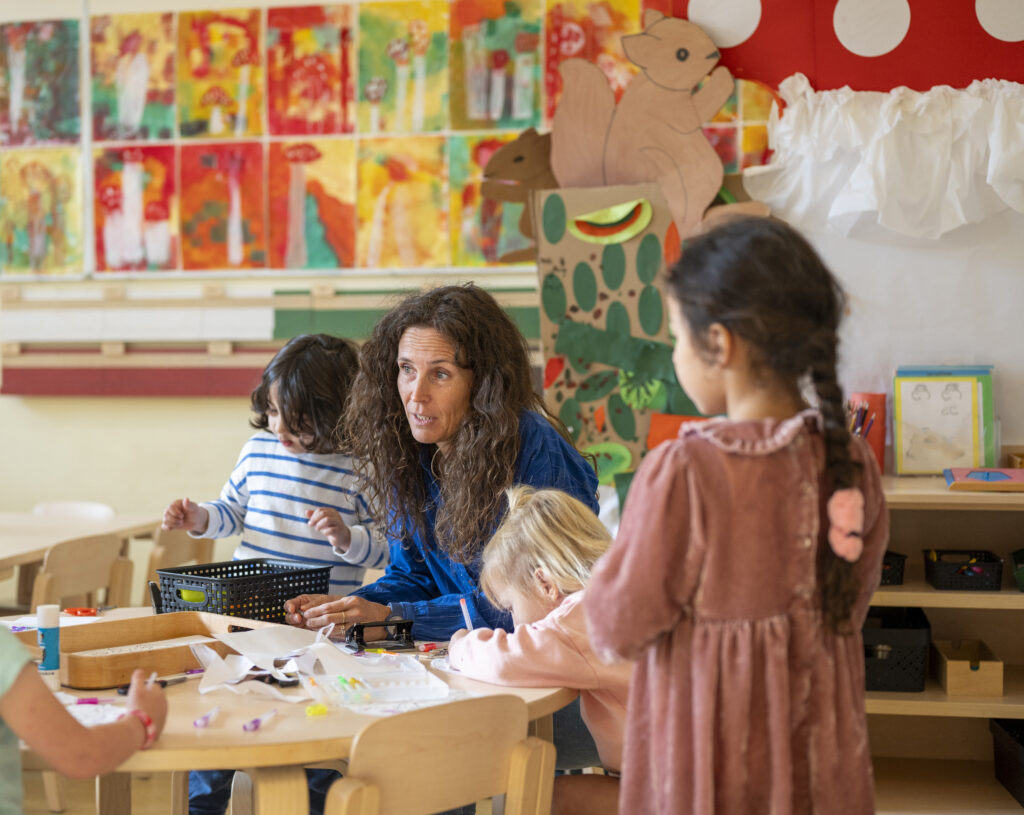Children's Services
Ultimate Guide -
Quality and Safety

How do I check if a childcare provider is Ofsted registered?

Parents can check a childcare provider’s registration by searching the Ofsted website. All nurseries, day care centres, and registered childminders in England must be listed. The register shows inspection outcomes, ratings, and whether the provider is compliant with safety and quality standards. Parents should also ask providers to show their registration certificate.

What safety measures should nurseries have in place?
Nurseries should have secure entry systems, fire safety equipment, clear safeguarding policies, and trained staff who know how to handle emergencies. Safe sleep areas for infants, hygiene procedures for meals and nappy changes, and appropriate staff-to-child ratios are also essential. Parents should check that the nursery follows health and safety guidelines set by Ofsted.






How do I read and understand Ofsted childcare reports?
Ofsted reports rate providers as Outstanding, Good, Requires Improvement, or Inadequate. They assess quality of education, behaviour and attitudes, personal development, and leadership and management. Parents should read the summary for strengths and areas needing improvement, and look at the detailed findings to understand how the provider supports children’s wellbeing and learning.
What’s the ideal staff-to-child ratio in nurseries?
The legal ratios in England are one adult for every three children under 2 years old, one adult for every four children aged 2, and one adult for every eight children aged 3 and over (or 1:13 if a qualified teacher is present). These ratios ensure children are adequately supervised and supported.


How do day care centres ensure child safety?
Day care centres ensure safety through staff training, safeguarding policies, and compliance with Ofsted regulations. This includes secure premises, staff background checks, first aid certification, and emergency procedures. Daily risk assessments are often carried out to make sure play areas and equipment are safe and suitable.






Do babysitting services perform background checks?
Babysitting agencies typically perform background checks, including DBS (Disclosure and Barring Service) checks, before approving sitters. Independent babysitters may not have formal checks, so parents should always request proof of references, DBS certificates, or use platforms that verify sitter identities.
How do nurseries manage allergies and special diets?
Nurseries usually collect detailed information from parents about allergies and dietary requirements before enrolment. They then create individual care plans and ensure staff are trained in allergy management. Allergen-free meals are provided, and food preparation areas are monitored to prevent cross-contamination. Staff are also trained to respond to allergic reactions quickly.






What training do childcare workers need?
Childcare workers typically hold qualifications such as Level 2 or Level 3 diplomas in early years education. Many also complete safeguarding, food hygiene, and paediatric first aid training. Ongoing professional development is encouraged to ensure staff remain up to date with childcare practices and safety requirements.
How can I be sure a crèche facility is safe?
Parents should check if the crèche is registered with Ofsted or the relevant authority, depending on how many hours it operates. It is important to ask about staff qualifications, child-to-carer ratios, and safety procedures. Visiting in person and observing staff interaction with children provides further reassurance.

Are home daycare providers inspected for quality?
Yes. Registered childminders, who provide home-based daycare, are inspected by Ofsted in England. Inspections review safety, cleanliness, learning opportunities, and compliance with regulations. Parents can view inspection reports online to see how the provider has been rated before making a decision.

